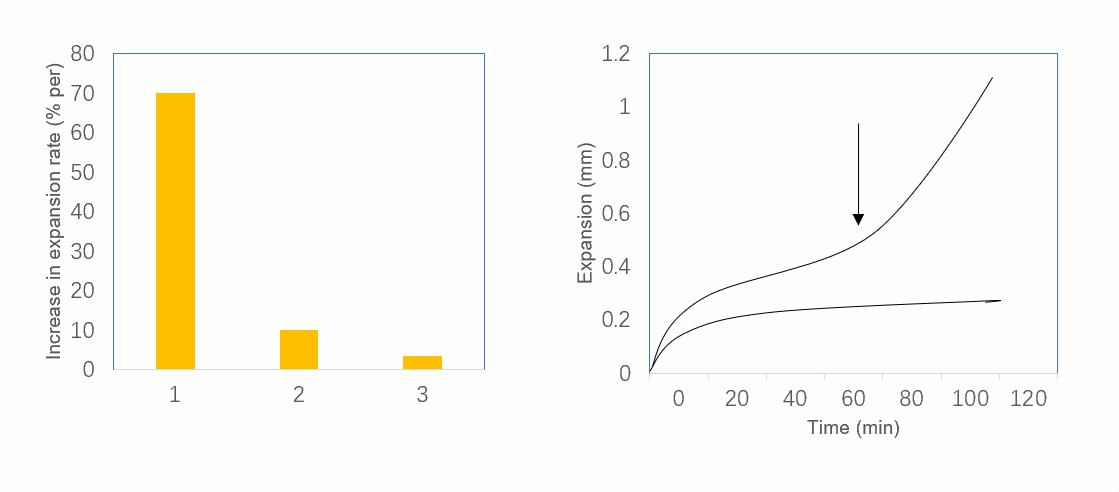Plant cell wall is the natural physical barrier of plant cells, which plays the role of protecting plant cells. Its main components include cellulose, hemicellulose, and a pectin layer. In the process of infection, nematodes destroy plant tissues through mechanical puncture of oral needles and secrete a series of cell wall modifying proteins, which are transported to host cells to degrade plant cell walls, helping nematodes break through the first physical barrier of plants.
Lifeasible has enriched plant science experience, performing various strategies to help our clients analyze the mechanism of host cell wall degradation by effector proteins. Our scientists and expert technicians have been dedicated to customizing your program to meet your requirements.
 Fig.1 Extension activity of Gr-EXP1 on plant cell walls.
Fig.1 Extension activity of Gr-EXP1 on plant cell walls.
Lifeasible is pleased to share our cutting-edge technology and extensive expertise in plant science to facilitate our clients' research and project development. We can offer high-quality customized services by adjusting protocols to meet specific requirements. If you are interested in our services or have any questions, please feel free to contact us or make an online inquiry.
Lifeasible has established a one-stop service platform for plants. In addition to obtaining customized solutions for plant genetic engineering, customers can also conduct follow-up analysis and research on plants through our analysis platform. The analytical services we provide include but are not limited to the following:
Get Latest Lifeasible News and Updates Directly to Your Inbox
Adaptive Evolutionary Mechanism of Plants
February 28, 2025
Unraveling Cotton Development: Insights from Multi-Omics Studies
February 27, 2025